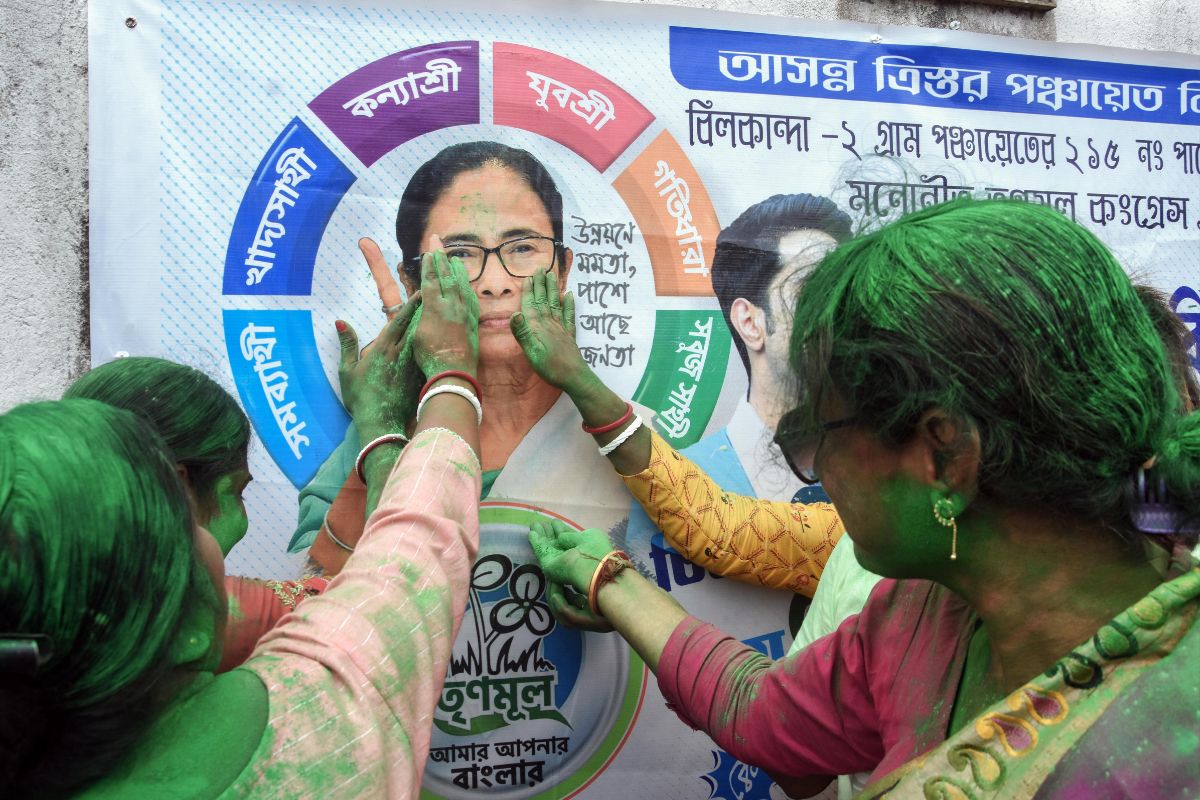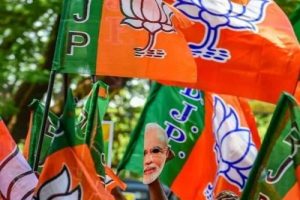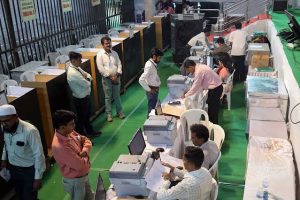In order to try to gauge the public response to the success of Trinamool, which swept the just-concluded
rural elections in West Bengal, The Statesman spoke to random people on the streets of the city of
Kolkata and in the villages. While a wide range of reasons were attributed to the victory by the members
of the public, the one name that kept cropping up over and again is that of Abhishek Banerjee, the All
India Trinamool Congress general secretary and nephew of West Bengal chief minister and Trinamool
founder Mamata Banerjee. “His ‘Nobo Jowar Jatra’, the two-month-long, mostly-on-foot outreach
campaign across the length and breadth of the state to try to connect with the rural people in order to
try to understand their problems, grievances, and issues has really paid off,” said a journalist and political
analyst. He further pointed out, “After Didi got injured in the beginning stages of the campaigning
process, her nephew really took over and traveled through the villages holding rallies tirelessly.” (The
injury that he is referring to is the incident when Mamata Banerjee hurt her knee and back while getting
off of the helicopter she was traveling in, which while flying over the hills and forests of Darjeeling
district in north Bengal developed problems and had to make an emergency landing at the Indian
Army’s Sevoke Airbase.)
The younger Banerjee, also known as the “Number Two” in the party, is reportedly receiving hands-
on training from his Aunt and has her full backing, is, according to insiders, keen to implement new ideas
and recently political scientist Professor Biswanath Chakraborty told The Statesman that one of the
visions of the “Nobo Jowar Jatra” was to try to talk to the people on the ground to ensure that the
Panchayat polls are conducted peacefully. Though, ironically, the rural polls were hardly entirely
“peaceful” with several districts reporting widespread violence, many of the villages in the districts in his
Diamond Harbor Parliamentary constituency, from where he is a Member of Parliament, reported
incidents-free polling. The other “irony” that crops up in the discussion about Abhishek Banerjee is that
while, according to insiders, he is apparently keen to “clean-up” the party image which has in the past
decade since it came to power has got mired in a number of scams like the chit fund scam, recently he
himself has been summoned for questioning by the Enforcement Directorate in a scam about
the recruitment of teachers. Banerjee, who had claimed in public rallies that the allegations are unfounded,
had moved the Supreme Court against the investigation but the apex court dismissed the plea citing
reasons that it will not interfere in the investigation process. However, the public in The Statesman’s
random survey, felt that Abhishek’s campaigning played a role in the party’s Panchayat polls victory.

In the villages, the public openly cited Mamata Banerjee’s public distribution schemes as the reasons
why they voted for the party. From the money they received in their bank accounts in the Laxmi
Bhandar scheme to the free education that their girls received free of cost under the Kanyashree
scheme. “Why would I vote for anyone else?” said a woman, a farmer, from a village in Jungle Mahal’s
Jhargram. “Who else would give us free rice?” she added in a rhetorical question.
Suvendu Adhikari, BJP leader and leader of the Opposition in Bengal had recently said in a public
campaigning rally that his party could double the Laxmi Bhandar money if voted to power. However,
Trinamool leaders, including Didi, have retorted that the Centre charges over Rs 1000 for cooking gas.
Fifty other top leaders of the Trinamool party too had campaigned in the villages before the rural polls.
They included veteran politicians like Professor Saugata Roy. He had told The Statesman that the
campaigning was a methodical approach which highlighted what the Trinamool did and what it will do in
future (like installing pipelines for drinking water in the village homes by 2025).












